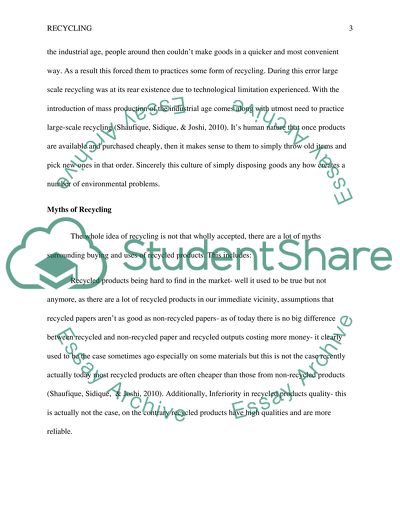Cite this document
(“Recycling Research Paper Example | Topics and Well Written Essays - 2250 words”, n.d.)
Recycling Research Paper Example | Topics and Well Written Essays - 2250 words. Retrieved from https://studentshare.org/environmental-studies/1475574-recycling
Recycling Research Paper Example | Topics and Well Written Essays - 2250 words. Retrieved from https://studentshare.org/environmental-studies/1475574-recycling
(Recycling Research Paper Example | Topics and Well Written Essays - 2250 Words)
Recycling Research Paper Example | Topics and Well Written Essays - 2250 Words. https://studentshare.org/environmental-studies/1475574-recycling.
Recycling Research Paper Example | Topics and Well Written Essays - 2250 Words. https://studentshare.org/environmental-studies/1475574-recycling.
“Recycling Research Paper Example | Topics and Well Written Essays - 2250 Words”, n.d. https://studentshare.org/environmental-studies/1475574-recycling.


